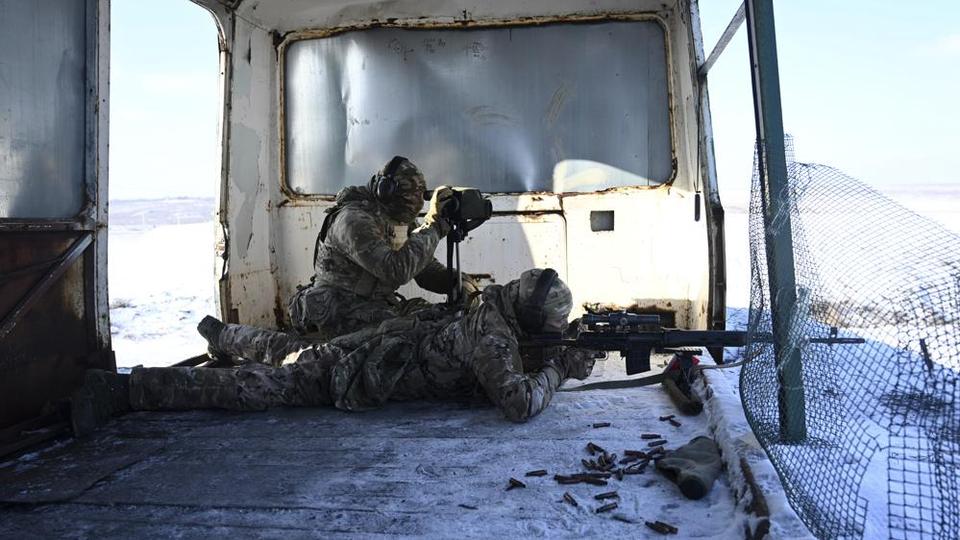Top diplomat Sergey Ryabkov says he can "neither confirm nor exclude" possibility of Russia deploying military assets to Cuba and Venezuela, a statement US rejects as "bluster in the public commentary."

Russia has raised the stakes in its dispute with the West over Ukraine and NATO's expansion after a top diplomat refused to rule out a military deployment to Cuba and Venezuela if tensions with the United States and its allies escalate.
Deputy Foreign Minister Sergey Ryabkov said he could "neither confirm nor exclude" the possibility of Russia sending military assets to Latin America if the US and its allies don't curtail their military activities on Russia's doorstep.
"It all depends on the action by our US counterparts," the minister said in an interview with Russian television network RTVI, citing Russian President Vladimir Putin's warning that Moscow could take unspecified "military-technical measures" if the US and its allies fail to heed its demands.
US national security adviser Jake Sullivan dismissed the statements about a possible Russian deployment to Cuba and Venezuela as "bluster in the public commentary".
He noted that the issue wasn't raised during this week’s talks and added that "if Russia were to move in that direction, we would deal with it decisively."
Cuban missile crisis
Ryabkov led a Russian delegation in talks with the US on Monday. The negotiations in Geneva and a related NATO-Russia meeting in Brussels took place in response to a significant Russian troop buildup near Ukraine that the West fears might be a prelude to an invasion.
Russia, which annexed Ukraine's Crimea Peninsula in 2014, has denied having plans to attack the neighbouring country.
The Kremlin reacted to the suggestion by accusing NATO of threatening its territory and demanding that the military alliance never embrace Ukraine or any other ex-Soviet nations as new members.
Washington and its allies firmly rejected the demand this week as a non-starter, but the NATO and Russian delegations agreed to leave the door open to further talks on arms control and other issues intended to reduce the potential for hostilities.
Ryabkov last month compared the current tensions over Ukraine with the 1962 Cuban Missile Crisis — when the Soviet Union deployed missiles to Cuba and the US imposed a naval blockade of the island.
That crisis ended after US President John F Kennedy and Soviet leader Nikita Khrushchev agreed that Moscow would withdraw its missiles in exchange for Washington's pledge not to invade Cuba and the removal of US missiles from Turkey.
Reaction from Havana
There was unease in Havana on Thursday after Russia refused to rule out a military deployment to Cuba.
The Cuban government did not comment publicly on the Russian statement.
Former Cuban diplomat Carlos Alzugaray said he believed there was "no threat" in the suggestion, but simply a "warning" to Washington for it to see how Russia views NATO's expansion closer to its borders.
Source: TRTWorld and agencies
Social media is bold.
Social media is young.
Social media raises questions.
Social media is not satisfied with an answer.
Social media looks at the big picture.
Social media is interested in every detail.
social media is curious.
Social media is free.
Social media is irreplaceable.
But never irrelevant.
Social media is you.
(With input from news agency language)
If you like this story, share it with a friend!
We are a non-profit organization. Help us financially to keep our journalism free from government and corporate pressure













0 Comments